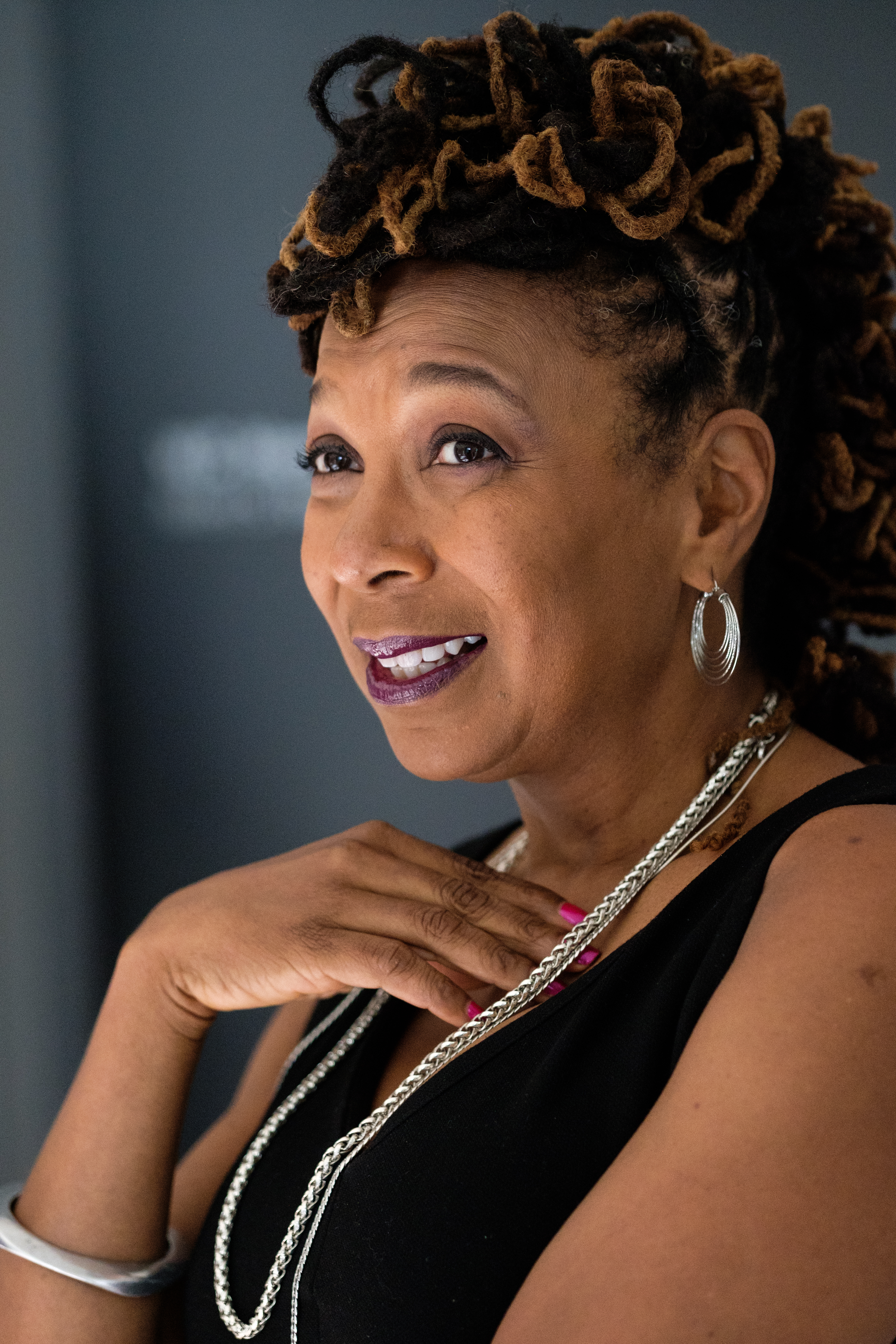Kimberlé Williams Crenshaw é uma defensora dos direitos civis norte-americana. É uma das principais estudiosas da teoria crítica da raça. Ela é professora em tempo integral na Faculdade de Direito da UCLA e na Columbia Law School, onde se especializa em questões de raça e gênero. Crenshaw é também fundadora do Centro de Interseccionalidade e Estudos de Política Social da Columbia Law School e do Fórum de Política Afro-Americano , bem como do presidente do Centro de Justiça Interseccional , com sede em Berlim.Crenshaw é conhecida pela introdução e desenvolvimento da teoria interseccional, o estudo de como identidades sociais sobrepostas ou interseccionadas, particularmente identidades minoritárias, se relacionam com sistemas e estruturas de opressão, dominação ou discriminação. Sua bolsa de estudos também foi essencial no desenvolvimento do feminismo interseccional como subcategoria da teoria interseccional: examina os sistemas sobrepostos de opressão e discriminação aos quais as mulheres estão sujeitas devido a sua etnia, sexualidade e histórico econômico.
Wikipedia
✵
5. Maio 1959
